Journaling
Journaling, or keeping a diary has been practiced for centuries. Most of us kept a diary as a young person, using it to document our thoughts, feelings, and events that were important to us; but did you know that journaling as an adult has been found to have significant benefits, including being considered one of the most effective outlets to lessen emotional and psychological stress?
Benefits of Journaling:
One of the reasons why journaling is so beneficial is because reflective writing optimises wellness (Riddel et al., 2020; Riddel & Jarecki, 2020). Reflective writing assists in expanding understanding around one’s situation and builds our capacity for reasoning and finding meaning in upsetting or overwhelming situations (Riddel et al., 2020).
In our current day, we have many forms of journaling and there is no right or wrong way to journal! Some examples include:
· Morning Journaling – A freeform style designed to help centre and clear the mind first thing in the morning. Simply write three pages of whatever appears in your mind!
· Dot or Bullet Journaling – A list-style journal designed to “de-clutter” and focus the mind by putting to-do tasks, goals, and experiences you don’t want to forget in your journal in a list format.
· Gratitude Journaling – Designed to increase resilience and positive mood by highlighting aspects of your current life that you are grateful for by noting them down at the end of each day.
· Reflective and Expressive Journaling – Writing about your emotional response and feelings surrounding the events of your day, this provides you with space to process both positive and negative experiences.
These are just some of the examples of variations in journaling. When it comes to journaling you can mix and match and do what feels best for you day-to-day.
Getting started:
If you are interested in starting to journal the first steps are simple! Some people prefer to type out an online journal on their laptop or phone, while others would rather write in a physical journal. For an online journal you could use a word document, or find a notebook app on your phone. If you want a paper journal you might also want to find a nice pen that is comfortable to write with, some people even like to draw and scrapbook in their journal!
Once you have your journal ready and if you are struggling with making a start, why not try a simple gratitude entry to start you off? Here are some simple instructions to get you started:
1. Reflect – think back on your last couple of days and see if you can think of things that brought you pleasure or joy, made you feel proud, or that you felt thankful for.
2. Record 3 – 5 items – After reflecting, pick at least a few items that you are especially grateful for and note them down in your journal. You can have more than 5, but should aim for no less than 3.
3. Savour – Take a quiet moment to let these sink in, perhaps write down why these things make you feel so grateful, how they positively impact you.
4. Repeat – Try to do this at least twice to three times a week to start feeling the benefits. Studies show that even if you are not able to journal every day, doing it at least three times a week results in the same benefits (Riddel et al., 2020).
So gather the materials that feel most right to you and remember… there is no right or wrong way! Journaling should be enjoyable, so do what feels best for you.
References:
Riddell, T., & Jarecki, J. (2020). Kindness Begins with Yourself: Strategies to Engage Medical Trainees in Self-Compassion. Humanism and Resilience in Residency Training: A Guide to Physician Wellness, 473-525. https://link.springer.com/chapter/10.1007/978-3-030-45627-6_15
Riddell, T., Nassif, J., Hategan, A., & Jarecki, J. (2020). Healthy Habits: Positive Psychology, Journaling, Meditation, and Nature Therapy. Humanism and Resilience in Residency Training: A Guide to Physician Wellness, 439-472. https://link.springer.com/chapter/10.1007/978-3-030-45627-6_14
https://www.urmc.rochester.edu/encyclopedia/content.aspx?ContentID=4552&ContentTypeID=1

